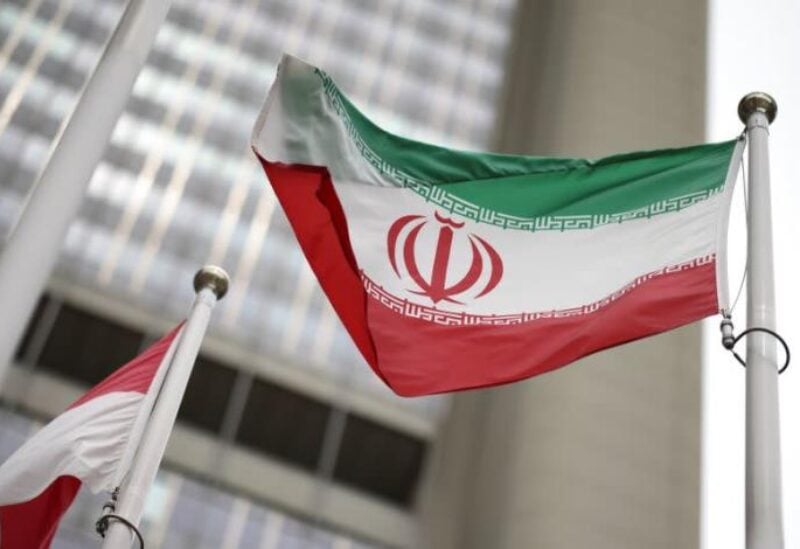
Saudi Arabia and the United Arab Emirates, resigned to the resurgence of a nuclear deal with Iran that they have long opposed, are talking with Tehran to defuse tensions while advocating for future discussions to include their security concerns.
In Vienna, world countries have been negotiating with Iran and the US to resurrect the 2015 nuclear deal, in which Tehran promised to limit its nuclear program in exchange for the lifting of international sanctions.
The new U.S. Administration of President Joe Biden wants to restore the deal, which Washington abandoned under his predecessor, Donald Trump. But Washington’s Gulf allies have always said the deal was inadequate because it ignored other issues, such as Iran’s missile exports and support for regional proxy fighters.
On Monday, US Secretary of State Antony Blinken made it plain that Washington’s objective was to get the deal “back in the box” so that it could be used to solve other issues.
The Gulf States, however, warn that with Saudi Arabia mired in a costly war in Yemen and facing frequent missile and drone strikes on its oil infrastructure, which it blames on Iran and its supporters, the larger issues must not be overlooked.
“The Gulf countries have said, ‘sure, the US can go back to (the nuclear deal), this is their decision, we can’t change it, but…we need everyone to take regional security concerns into account,” Gulf Research Center’s Abdulaziz Sager said this week.
Gulf leaders are concerned that they will not have the same clout with Biden’s government as they have with Trump’s. They tried to get into the Vienna discussions, but were turned down.
Rather than waiting for the conclusion of the Vienna negotiations, Riyadh accepted Iraqi offers to hold discussions between Saudi and Iranian officials in April, according to two sources familiar with the situation.
“WE NEED TO LIVE WITH THEM”
Riyadh has stated that it wants to see “verifiable deeds” as the adversaries assess each other.
Iran holds a number of cards, not least its support for the Houthi movement in Yemen, which the Saudis have failed to defeat after six years of war that exhausted Washington’s patience.
“Yemen is a low-cost option for Iran but a high-cost option for Saudi Arabia. This puts Iran in a strong negotiating position “Sager remarked.
According to a third regional source, the UAE has already been in constant touch with Iran in an attempt to de-escalate tensions, particularly since tankers were assaulted off its coast in 2019.
Following COVID-19, Gulf states must now concentrate on their economies. However, security assurances are a critical component of that recovery.
“A (nuclear) deal is better than no deal, but how do you persuade the rest of the world — and investors — that this is a genuine deal that will last?” Reuters was told by a third source.
Gulf states hope Washington maintains leverage over Tehran by keeping some sanctions, including those designed to punish foreign actors for supporting terrorism or weapons proliferation.
A pact could be used “as a platform both to look at whether the agreement itself can be lengthened and, if necessary, enhanced, and also to incorporate” regional concerns, Blinken told a congressional committee.
The Gulf states are still wary. Yousef Al Otaiba, the UAE’s envoy to Washington, said in April that he saw no evidence that the nuclear deal would become “a tool that empowers moderates” in Iran, which has presidential elections this month that are dominated by hardliners.
“However, we must live in peace with them,” Otaiba remarked. “We don’t want any interfering, missiles, or proxies.”